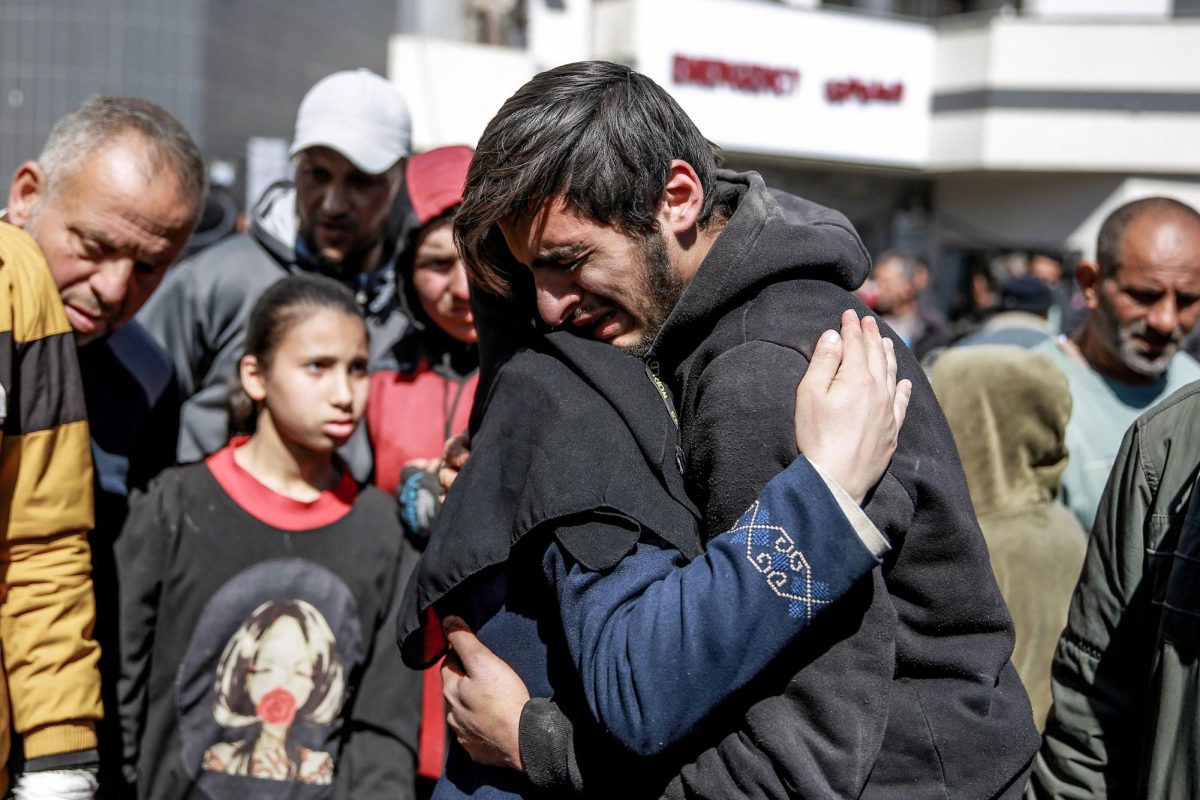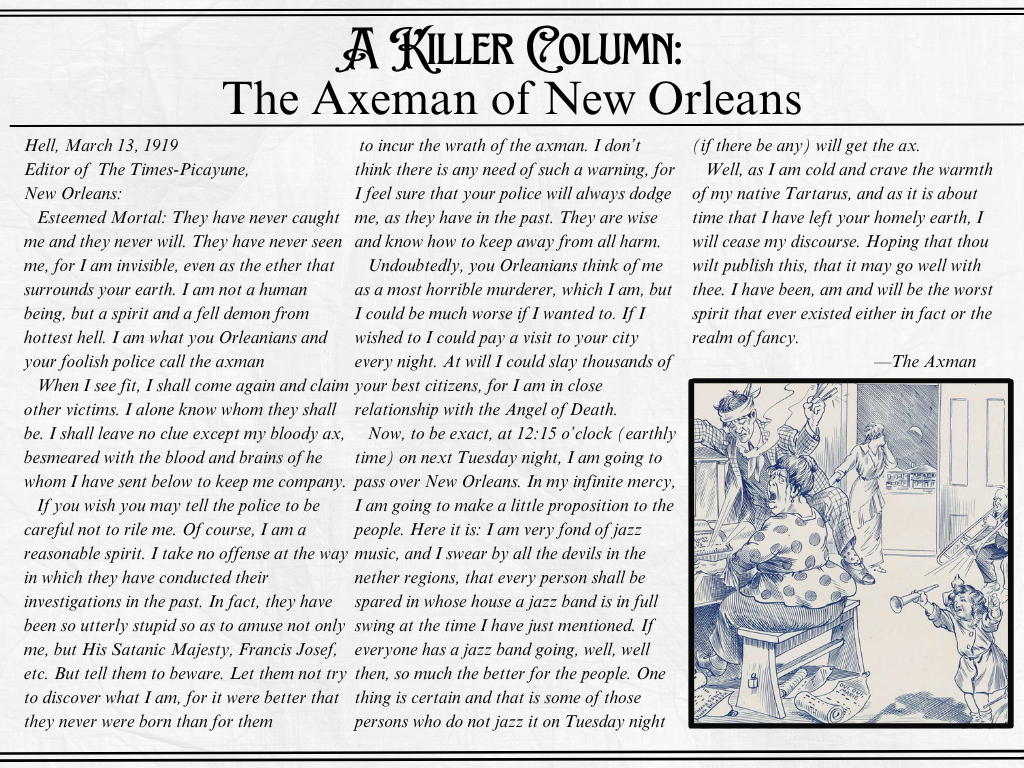The International Court of Justice (ICJ) began hearing final arguments in a case centered around the Israel-Palestine conflict. The ICJ will determine if Israel’s 56-year occupation of Palestinian territory along with its alleged escalation violate UN law.
The ICJ hearings began after the UN General Assembly requested the court’s written opinion on the lawfulness of Israel’s occupation. However, the case became even more pressing after the Oct. 7 attacks on Israel by Hamas. Israel retaliated by bombing populous areas of the 141-square-mile-region known as the Gaza Strip and the West Bank. Over 146 days later, the Israel Defense Forces and Hamas continue to wage war in the Gaza Strip.
As of Feb. 29, the Gaza Ministry of Health states about 30 thousand Palestinians died due to the ongoing conflict. Over 70 thousand civilians were injured with millions displaced. The Israel Defense Forces recorded that 1,200 people died in the Oct. 7 attacks with over 200 others taken hostage.
During the hearings, officials from Israel and Palestine debated the legality of Israel’s campaign against Hamas. Palestinian representatives spoke to the ICJ about the situation on the ground in Gaza. Israel refused to participate in the hearings, accusing the UN of “failing to recognize Israel’s right and duty to protect its citizens.”
Palestinian Foreign Minister Riyad Al-Maliki accused Israel of engaging in “colonialism and apartheid,” infringing upon the rights of Palestinians. Riyad Al-Maliki addressed the ICJ in a speech during an advisory hearing.
“I stand before you as 2.3 million Palestinians in Gaza, half of them are children, are besieged and bombed, killed and maimed, starved and displaced,” Al-Maliki said.
Allies of Israel such as the U.S. engaged in the hearings. The U.S. argued against withdrawal without security assurances, expressing concerns of potential disruptions to peace negotiations. The U.K. took a more assertive stance, requesting the panel not to issue an advisory opinion due to Israel’s lack of consent to the process.
The court did not specify when its advisory opinion will be released, only stating it will be available in “due course.” If precedent proves correct, the advisory opinion will be released within the next six months.



